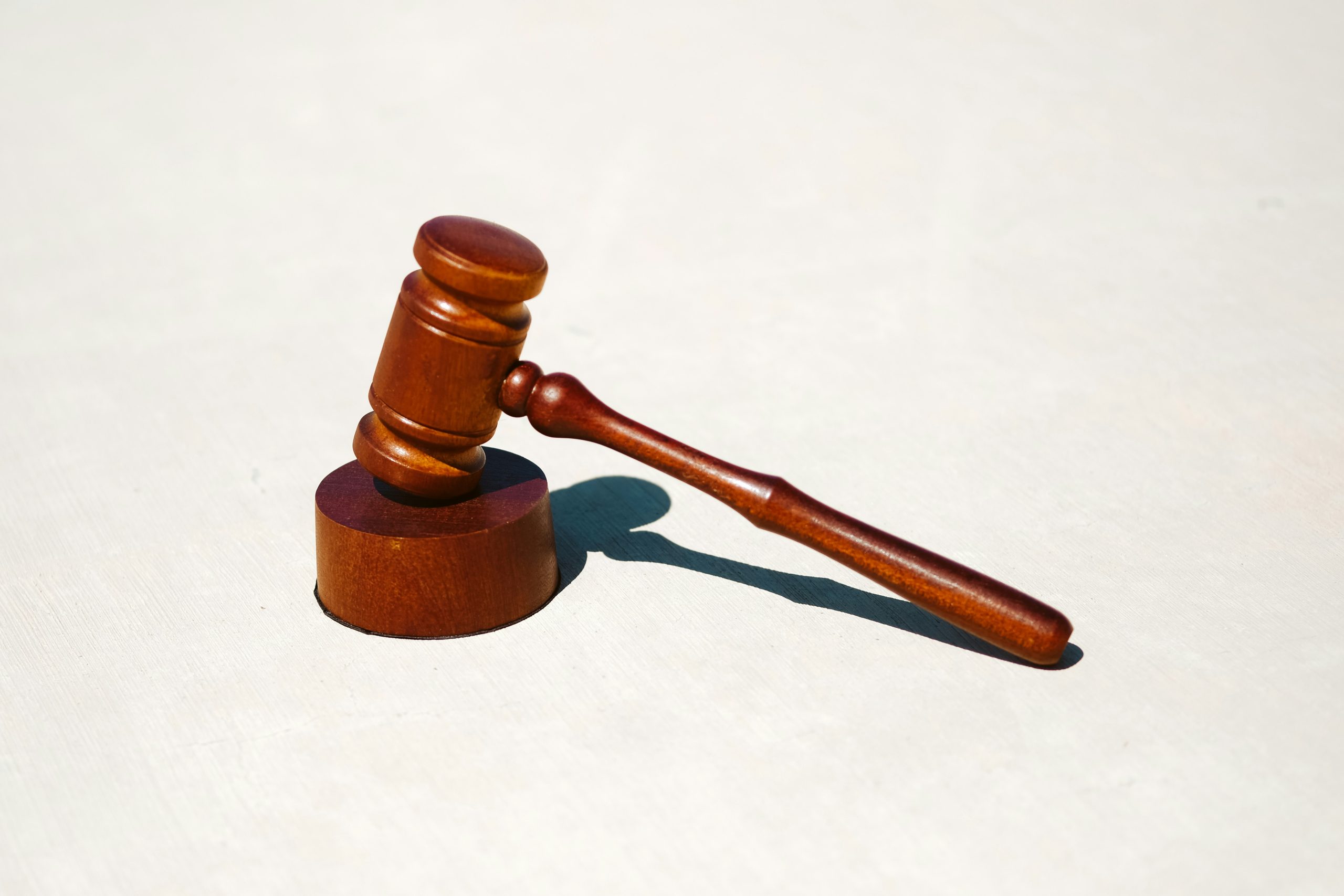Alternative Dispute Resolution (ADR) is a term that has become commonly used to complement and supplant litigation. In relation to any family law dispute, ADR is now a compulsory requirement except in exceptional circumstances.
ADR is an alternative to litigation and includes:
- Mediation
- Counselling
- Family dispute resolutions
- Negotiations between parties to reach an agreement
ADR is very successful in family law matters
Approximately 95% of family law disputes settle at the steps of the Court rather than following a contested final hearing at Court However, typically at this stage, parties have already spent copious sums of money, filed all required documentation and, in general terms, suffered the emotional toll of family law litigation.
In most cases, former spouses settle outstanding matters between themselves without the need for litigation. While necessary in certain circumstances, the litigation process is expensive, time consuming, and emotionally draining. Attempts to settle matters through ADR and parenting/financial agreements are preferrable and now enforceable by law
At Elringtons, we find many of our clients have already reached an agreement to settle outstanding matters with their former spouse by the time they seek our assistance. Our task then is to advise whether such agreement is appropriate, and if so, legally formalise it.
Family Dispute Resolution (FDR)
The family law system encourages parties to discuss and negotiate parenting arrangements and property settlements without resorting to litigious avenues. Family Dispute Resolution (“FDR”) is the legal term for services assisting those who are separating from their former spouse. FDR can be useful for many areas of family law including property, children, child support, and spousal maintenance. It is a process in which a Family Dispute Resolution Practitioner (FDRP) will be sought to resolve some or all of their disputes arising from separation or divorce (see Part II, Division 3 of the Family Law Act 1975). FDRPs are trained to resolve disputes but cannot give legal advice or impose a decision.
FDR is offered through Family Relationship Centres (FRCs), Legal Aid ACT, or private family dispute resolution practitioners. FRCs provide information, referrals, and individual sessions free of charge. Joint dispute resolution sessions for property matters are provided free of charge for one hour per couple. For the second and third hour of dispute resolution, Centres will charge clients with a gross annual income of $50,000 or more, $30 per hour; clients whose gross annual income is less than $50,000, or who receive Commonwealth health and social security benefits will not be charged a fee. FRCs may also charge fees in accordance with their fee policy where further dispute resolution sessions are required (four or more hours).
Shuttle Mediation
For clients who do not wish to see their former partner while undertaking FDR, Elringtons suggests pursuing shuttle mediation. In a shuttle mediation, rather than sitting around the same table and discussing the matters in issue, the parties are in different rooms and the mediator “shuttles” between the rooms. Shuttle mediations are particularly useful in cases of family violence or significant animosity between parties. Although a shuttle mediation is not usually cheaper than a regular mediation, the reduced tension often leads to matters settling faster, thus reducing solicitor fees. Shuttle mediations can also occur via telephone or web conference as well as in person.
Arbitration
Alternatively, if our clients wish to pursue a more formal FDR avenue, Elringtons suggests arbitration. Arbitration is a private dispute resolution process where an independent lawyer (the arbitrator) makes a binding decision on issues like property and financial matters but not parenting issues. An arbitrator is usually a family law expert trained in arbitration. The final decision is called an “arbitral award” and can be registered with the Federal Circuit and Family Court for enforcement.
Arbitration is faster than court (typically 3-9 months) and offers the parties control over the process, including choosing the arbitrator and agreeing on how the process will unfold. Arbitration is confidential, and the decision is enforceable like a court order.
Contact Elringtons to begin your family law ADR journey today.
Further reading

elringtons lawyers regularly provide legal advice in relation to a range of Family Law matters. Please contact our Family Law Team for more information or to make an appointment call (02) 6206 1300













